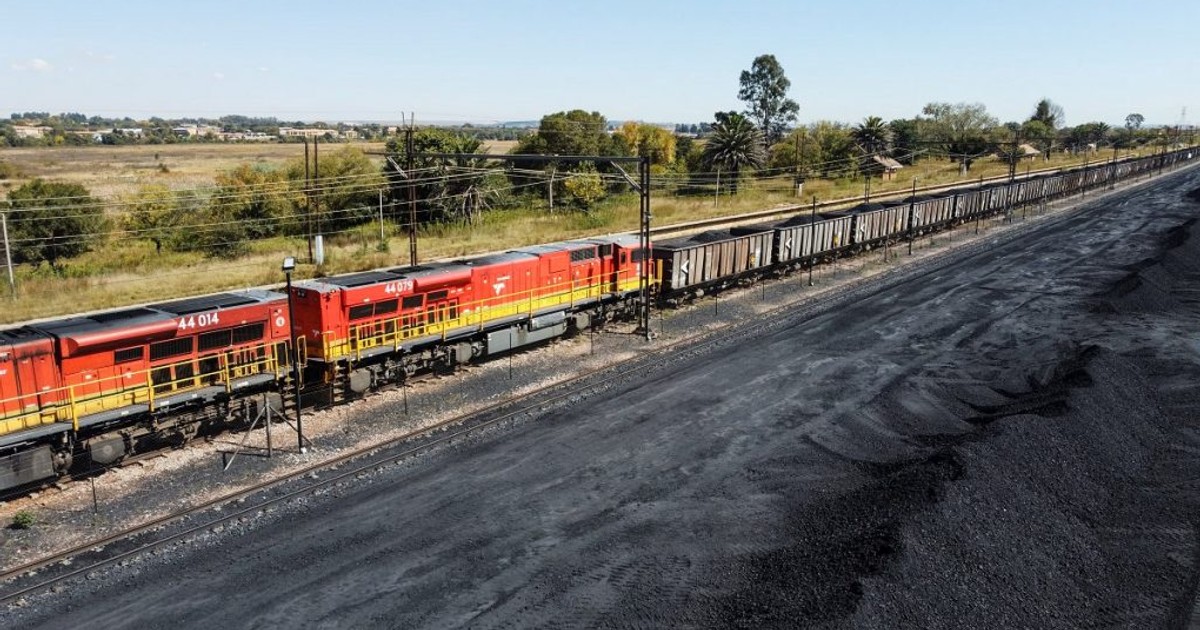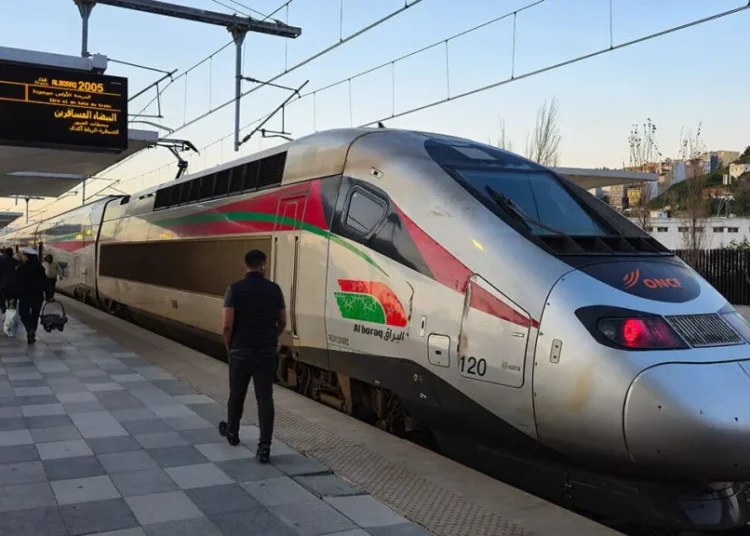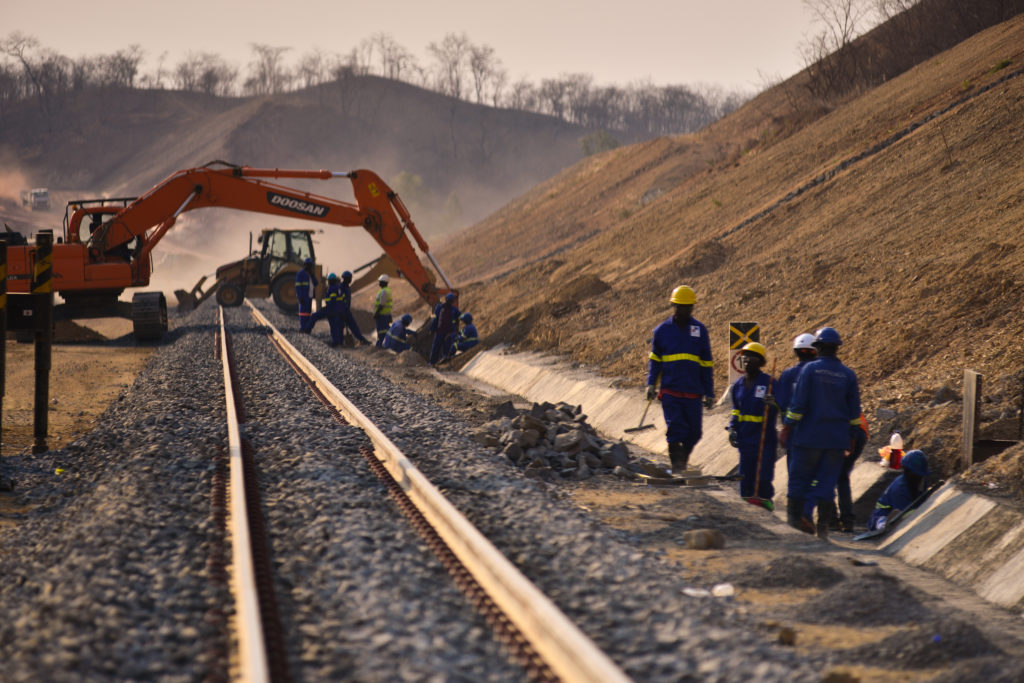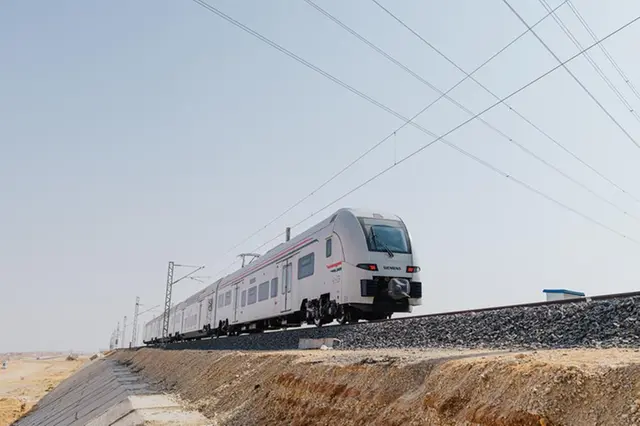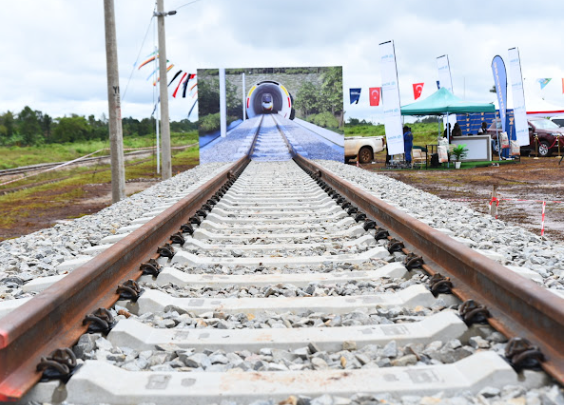Rail

Jordan, Syria and Turkey move ahead with plans to restore historic Hejaz railway

Jordan, Syria and Turkey are pressing ahead with a joint initiative to restore the historic Hejaz railway, focusing on the segment linking the three countries as part of efforts to rebuild regional transport and trade networks disrupted by years of conflict and border closures.
The project, confirmed following a series of meetings in Amman and Damascus, marks the first serious attempt in decades to revive one of the Middle East's most significant transport routes.
Officials from the three countries have agreed on preliminary terms to draft a memorandum of understanding covering cooperation on transportation infrastructure and the restoration of damaged railway lines.
Reviving a historic route
The Hejaz railway, constructed under Ottoman Sultan Abdulhamid II and inaugurated in 1908, once stretched from Istanbul to Medina via Damascus and Amman. It was built to serve Muslim pilgrims and strengthen administrative ties across the Ottoman Empire.
The line dramatically reduced the Damascus–Medina journey from forty days to just five, but fell into disuse after being heavily damaged during World War I and later conflicts.
Today, the three nations see its revival as both symbolic and strategic to restore regional connectivity, boost trade, and contribute to post-war reconstruction.
Key restoration plans
The planned restoration will primarily focus on the segment connecting Turkey, Syria, and Jordan.
According to officials involved in the talks, Turkey will assist in rebuilding approximately 30 kilometres (18.6 miles) of missing railway infrastructure on the Syrian section, much of which was destroyed during the Syrian civil war.
Jordan will evaluate its technical capacity to maintain and operate locomotives, potentially extending services as far as Damascus. Joint technical studies will be undertaken to enhance Turkey's access to the Red Sea through Jordan's Port of Aqaba, potentially creating new trade corridors between the Levant and the Gulf.
While the full original route from Istanbul to Medina is not part of the current phase, the focus on the Syria-Jordan-Turkey segment is viewed as a foundation for eventual expansion.
Trilateral coordination
A new round of trilateral meetings was held in Damascus last week with participation from senior transport officials, including Jordan's Transport Ministry Secretary-General Fares Abu Dayyeh, Syria's Deputy Minister for Land Transport Mohammad Omar Rahhal, and Turkey's Director-General for Foreign Affairs at the Ministry of Transport Burak Ekin, who joined via video link.
According to a statement by Jordan's transport ministry, the talks aimed to "enhance passenger and freight movement, support trade exchange and strengthen cooperation in land and rail transport".
The statement described the meeting as part of "ongoing efforts to develop shared infrastructure supporting economic and commercial growth across the region".
Turkish Trade Minister Omer Bolat separately confirmed that Ankara, Damascus and Amman were working to reactivate the Hejaz line as part of a broader plan to reopen transit corridors linking Turkey to the Gulf through Jordan.
"Jordan's strategic position makes it a vital gateway for regional trade," Bolat said, adding that the project would attract investment and deepen trilateral economic ties.
Boost to regional trade
Many say the railway's restoration could help revive Jordan’s export sector and strengthen regional supply chains. Jordan Farmers Union Director Mahmoud Al-Aouran told The New Arab's Arabic-language edition that improved land transport links with Syria and Turkey would significantly increase Jordan's agricultural exports, especially fruit and vegetables, by allowing access to European and Russian markets.
He said Jordan's vegetable exports could surpass $700 million annually following the reopening of the Bab al-Hawa crossing, closed since the outbreak of the Syrian conflict.
"This will boost the agricultural sector, attract new investment, and revive the transport and logistics industries," he added.
Economic expert Hossam Ayesh said closer transport cooperation would revitalise land freight, ease the flow of goods, and provide Jordan with additional revenue from transit trade between Syria, Turkey, and the Gulf.



